UN warns Israel that deporting Eritreans en masse contravenes intl. law
The United Nations has urged Israel to refrain from mass deportations of Eritreans following weekend clashes involving refugees, warning it would "contravene international law."
"Any decision impacting all Eritrean asylum-seekers, or instances of refoulement would contravene international law," William Spindler, spokesman for the UN High Commissioner for Refugees, told reporters in the Swiss city of Geneva on Tuesday.
Collective punishment is banned under international law, as is refoulement, or returning someone to a country where they could face torture, cruel, inhumane or degrading treatment or punishment, he said.
The comments came after Israeli Prime Minister Benjamin Netanyahu sought Eritrean migrants who were involved in a protest in Tel Aviv to be deported immediately and also ordered a plan to remove all African migrants from the occupied territories.
The far-right National Security Minister Itamar Ben-Gvir now plans to propose a bill that would press ahead with the mass deportation of migrants who entered ‘illegally’.
While stressing that it was "important to establish accountability" for the events, the UNHCR spokesman warned Israel against taking broad measures against Eritreans across the occupied territories.
"UNHCR calls for calm and restraint, and on all parties to refrain from taking any steps that could aggravate the situation further," Spindler said.
Stressing that the situation in Eritrea, considered one of the world's most authoritarian states, "remains unchanged", Spindler warned that sending people back there "could result in dramatic human consequences."
He insisted that "the vast majority of asylum-seekers living in Israel are peaceful and law-abiding". "The incidents on September 2 are deeply regrettable, and do not reflect the behavior of the broader Eritrean community in Israel."
The developments came days after protests by rival groups of Eritreans in south Tel Aviv.
The clashes came as Eritrean government supporters marked the 30th anniversary of the current ruler’s rise to power, an event held near the Eritrean embassy in south Tel Aviv.
The Israeli regime's forces then used live bullets, stun grenades, and mounted forces to disperse the protesters. The Israeli police officials confirmed that their forces had used live fire against protesters.
Nearly 160 people, including 30 Israeli forces, were injured during the standoff.
The UN rights office meanwhile decried the use of force by law enforcement. "We understand that hospitals are reporting that there are people who suffered gunshot wounds... so live ammunition was used," rights office spokeswoman Ravina Shamdasani told reporters.
Eritreans make up the majority of more than 30,000 African asylum seekers in Israel.
Israel has tried a variety of tactics to force them out, including sending some to a remote prison.
The Tel Aviv regime has been under fire by rights groups for racism and discrimination against non-white individuals.
Iran: US airstrikes on Yemen war crimes, violation of international law
Yemeni armed forces down F-18 fighter jet, repel US-UK attack: Spokesman
Iran warns against US-Israeli plot to weaken Muslims, dominate region
VIDEO | Public uproar in US against Israeli regime
‘Ghost town’: 70% of Jabalia buildings destroyed by Israel
Mother’s Day: Sareh Javanmardi’s inspiring journey as Paralympic champion and mother
Russia downs over 40 Ukrainian drones as Putin vows 'destruction' on Kiev
VIDEO | Yemen: A bone in Israeli neck


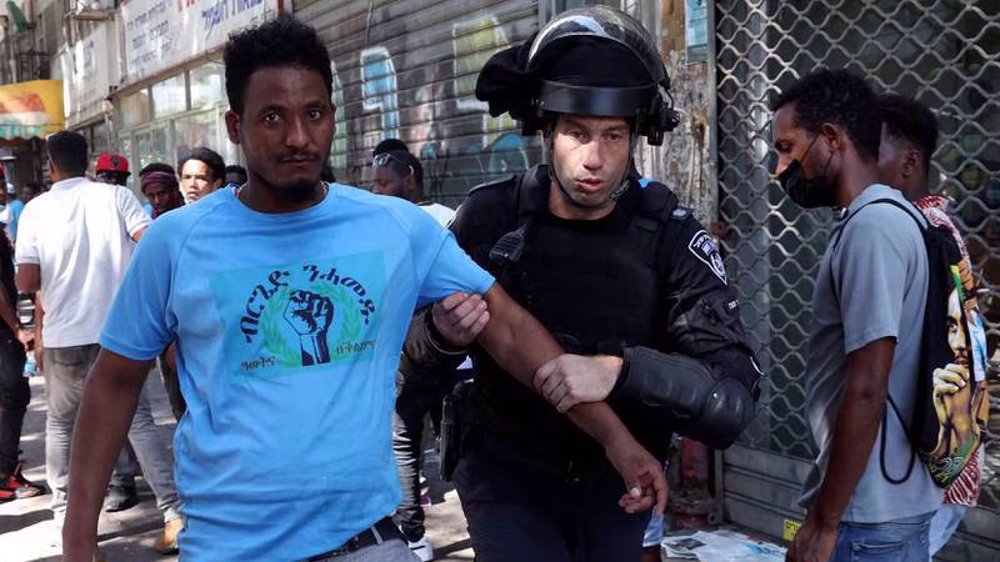
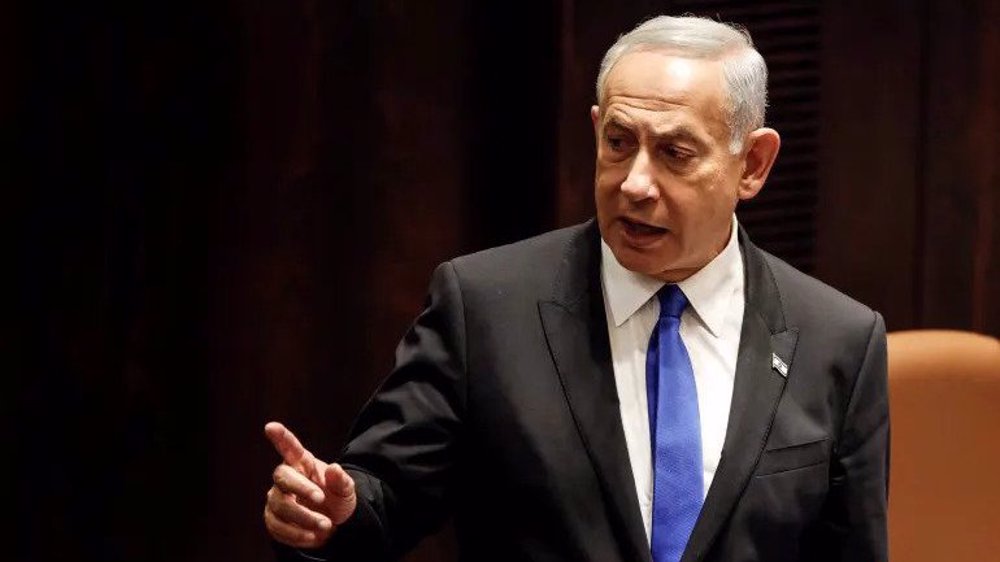
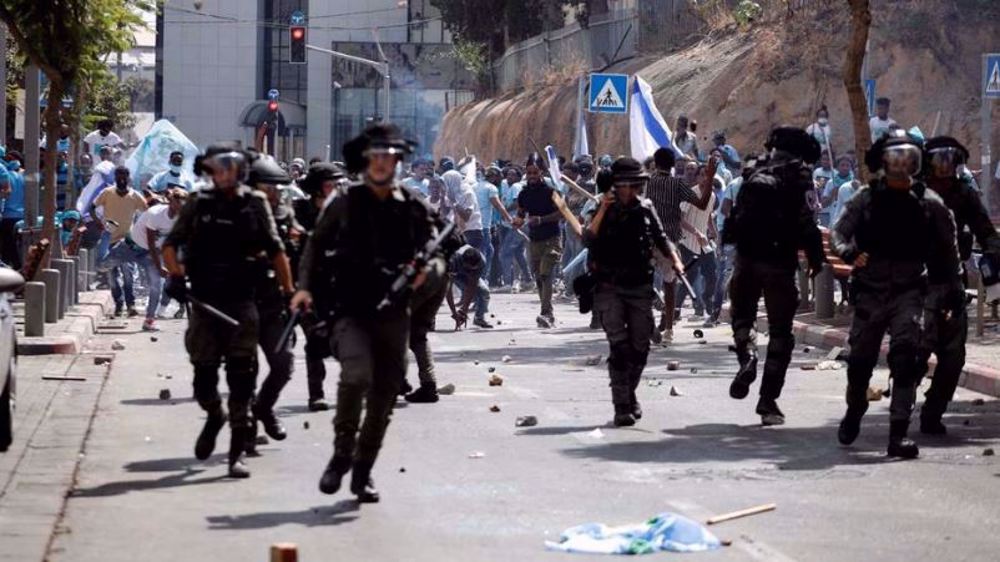
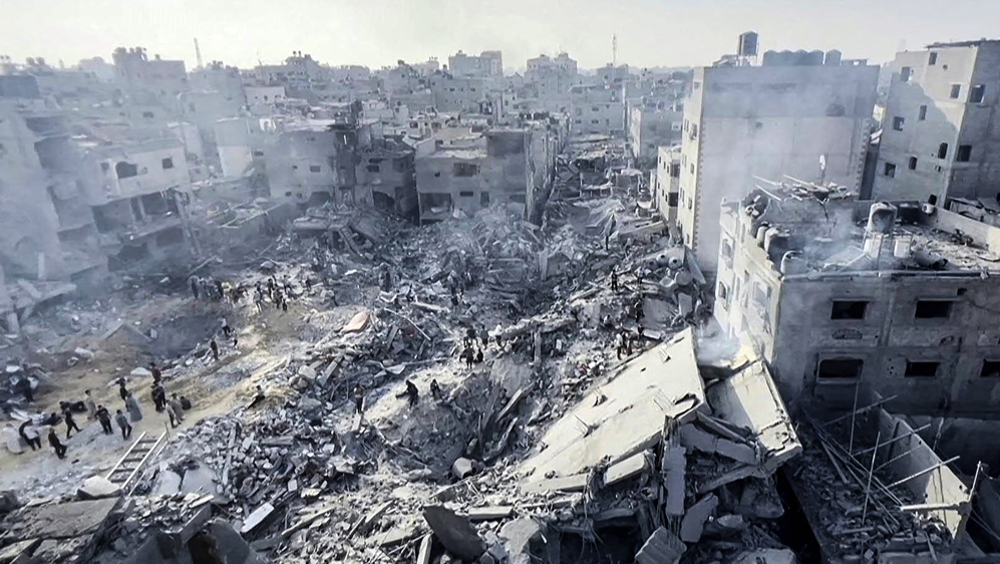
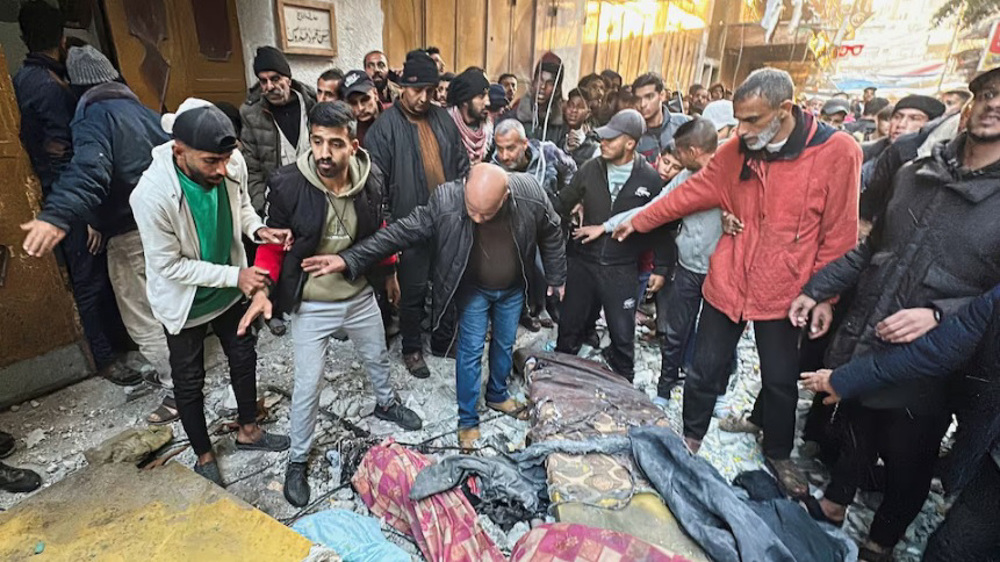
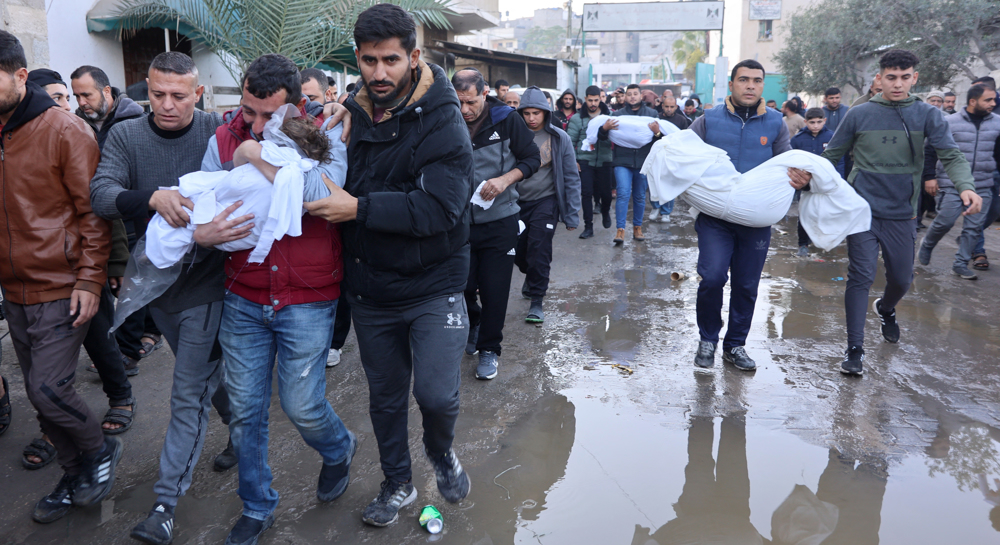



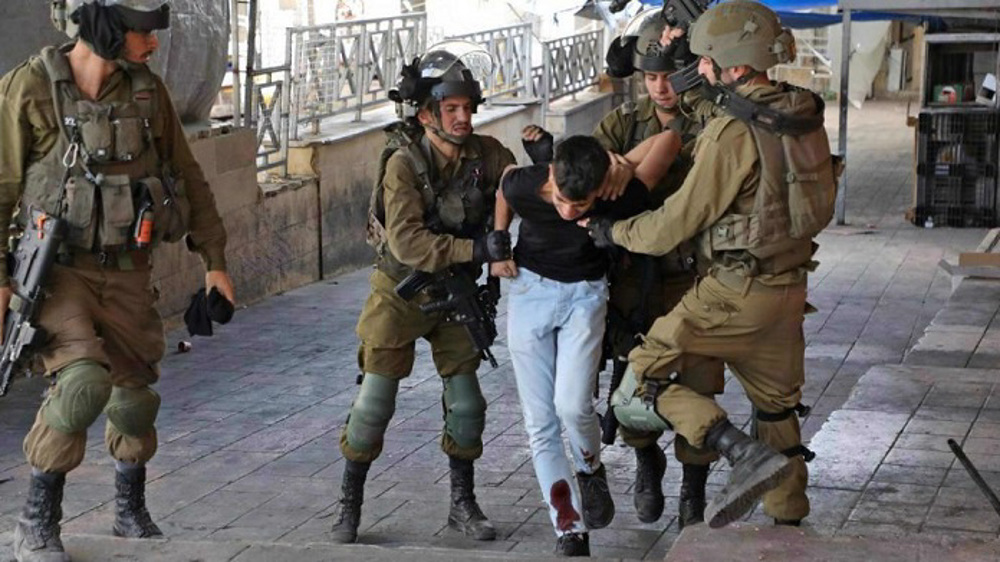
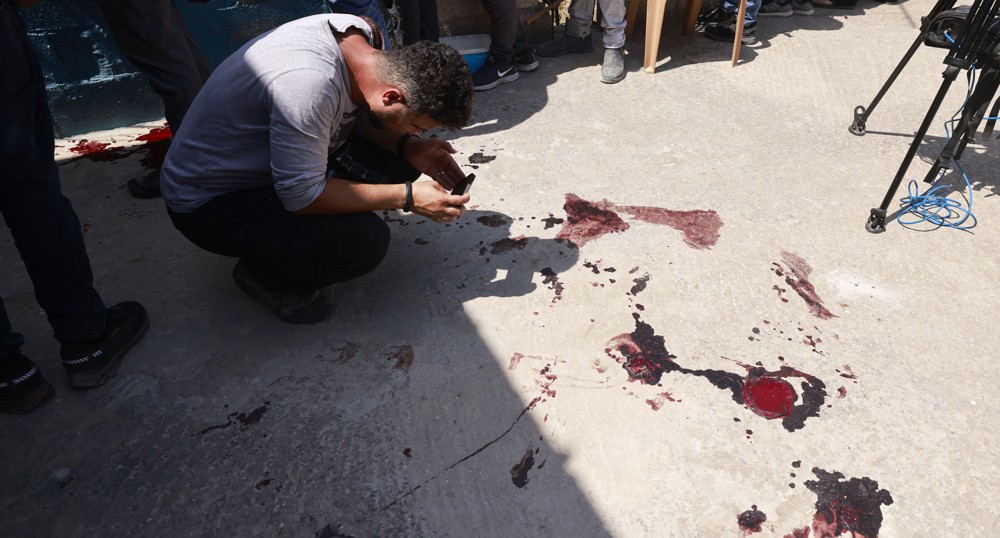
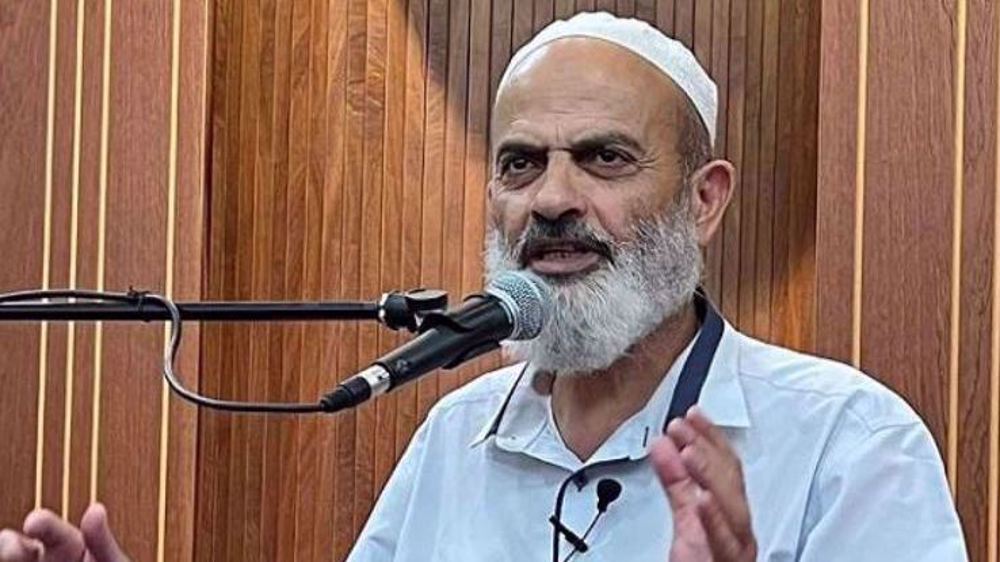
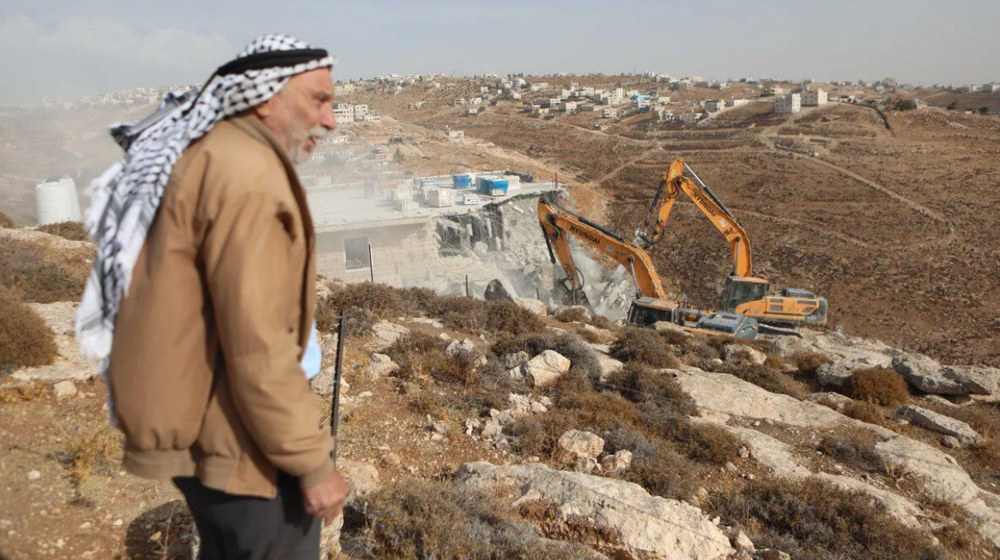
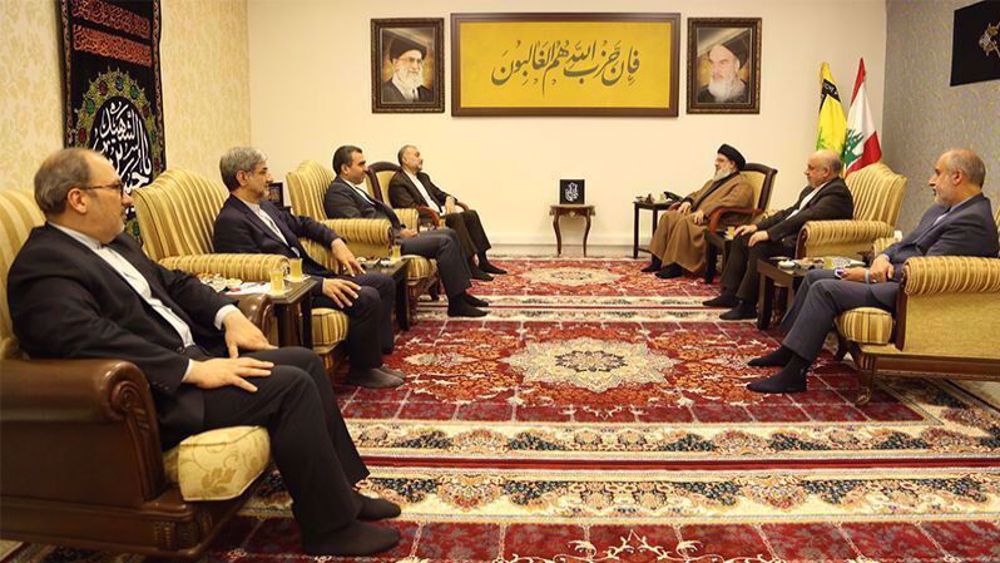
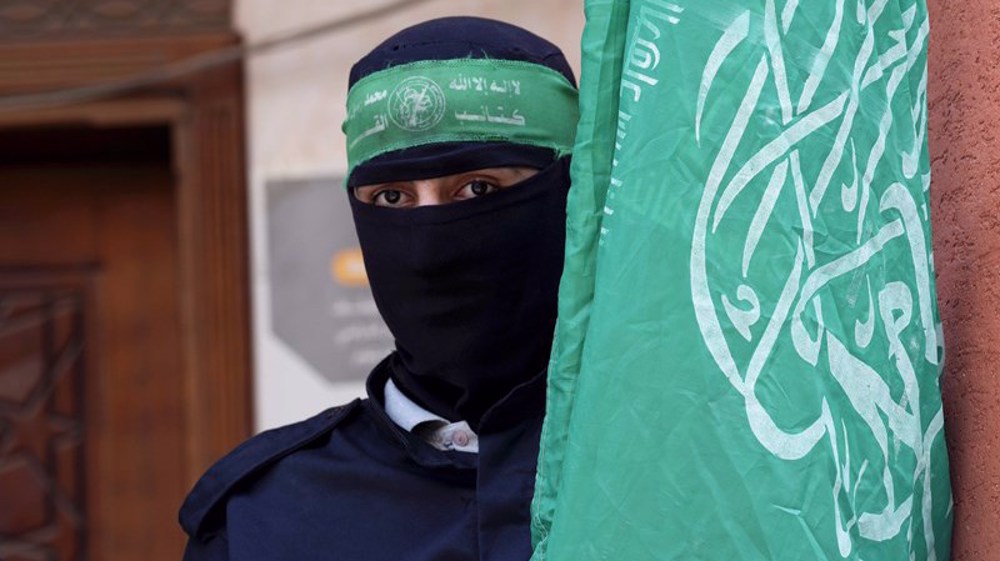
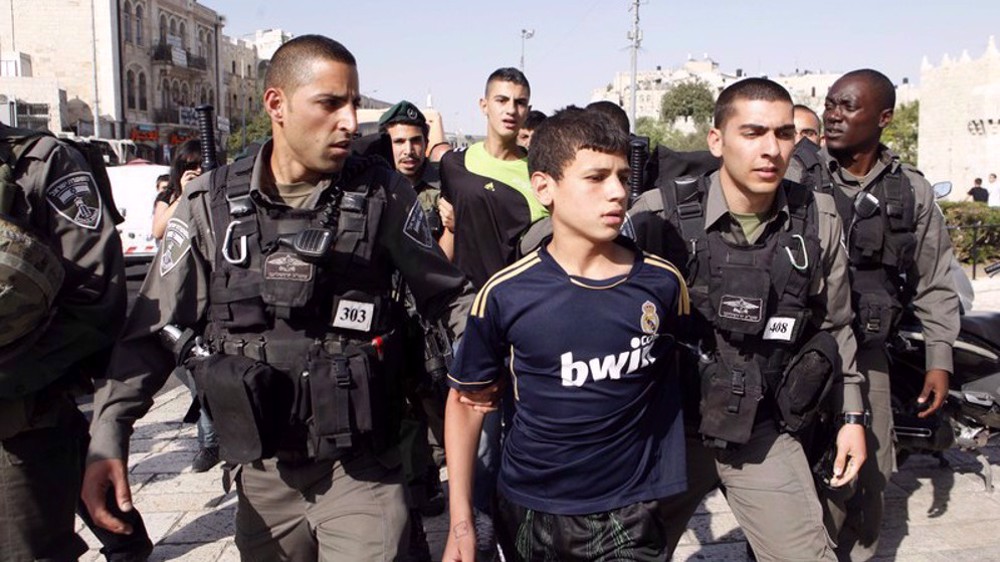
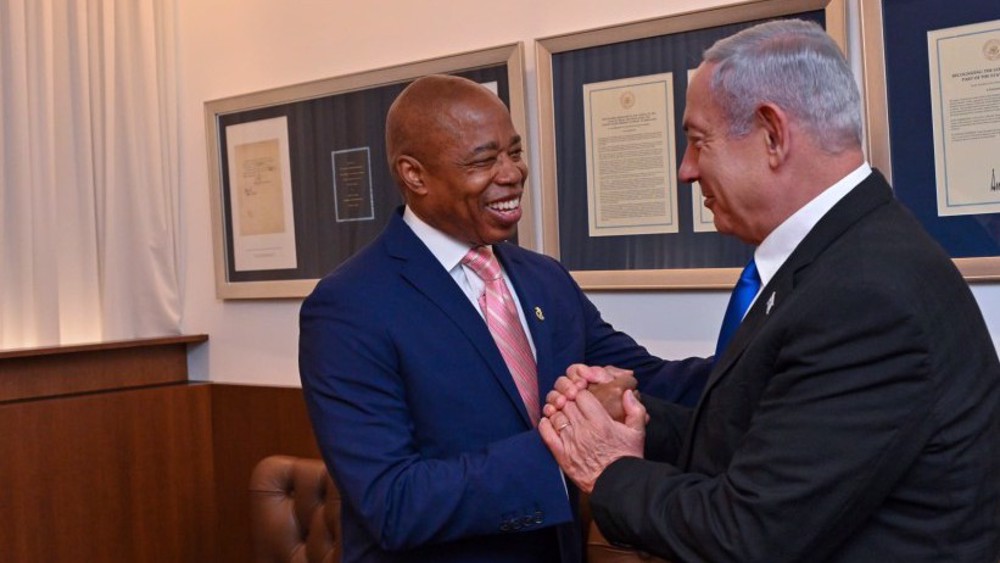
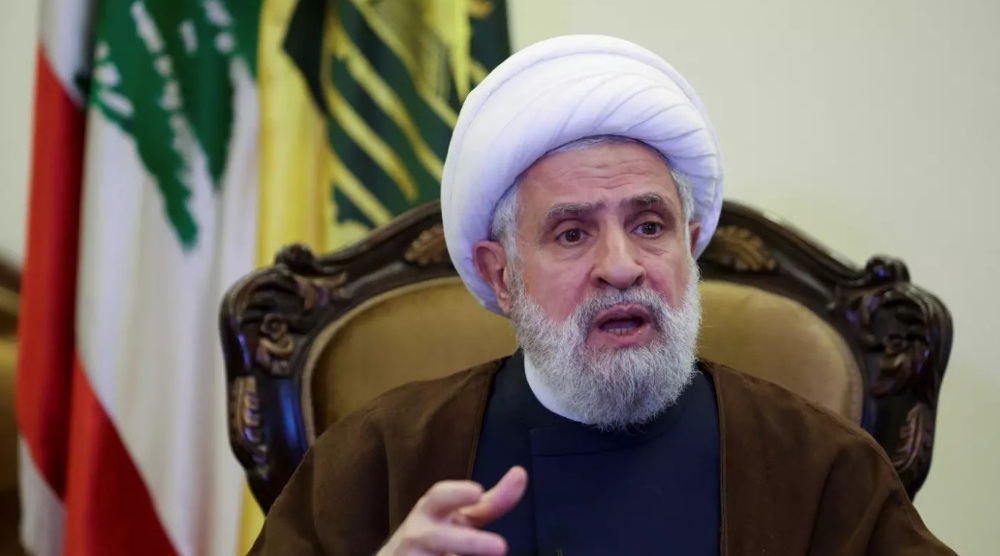

 This makes it easy to access the Press TV website
This makes it easy to access the Press TV website